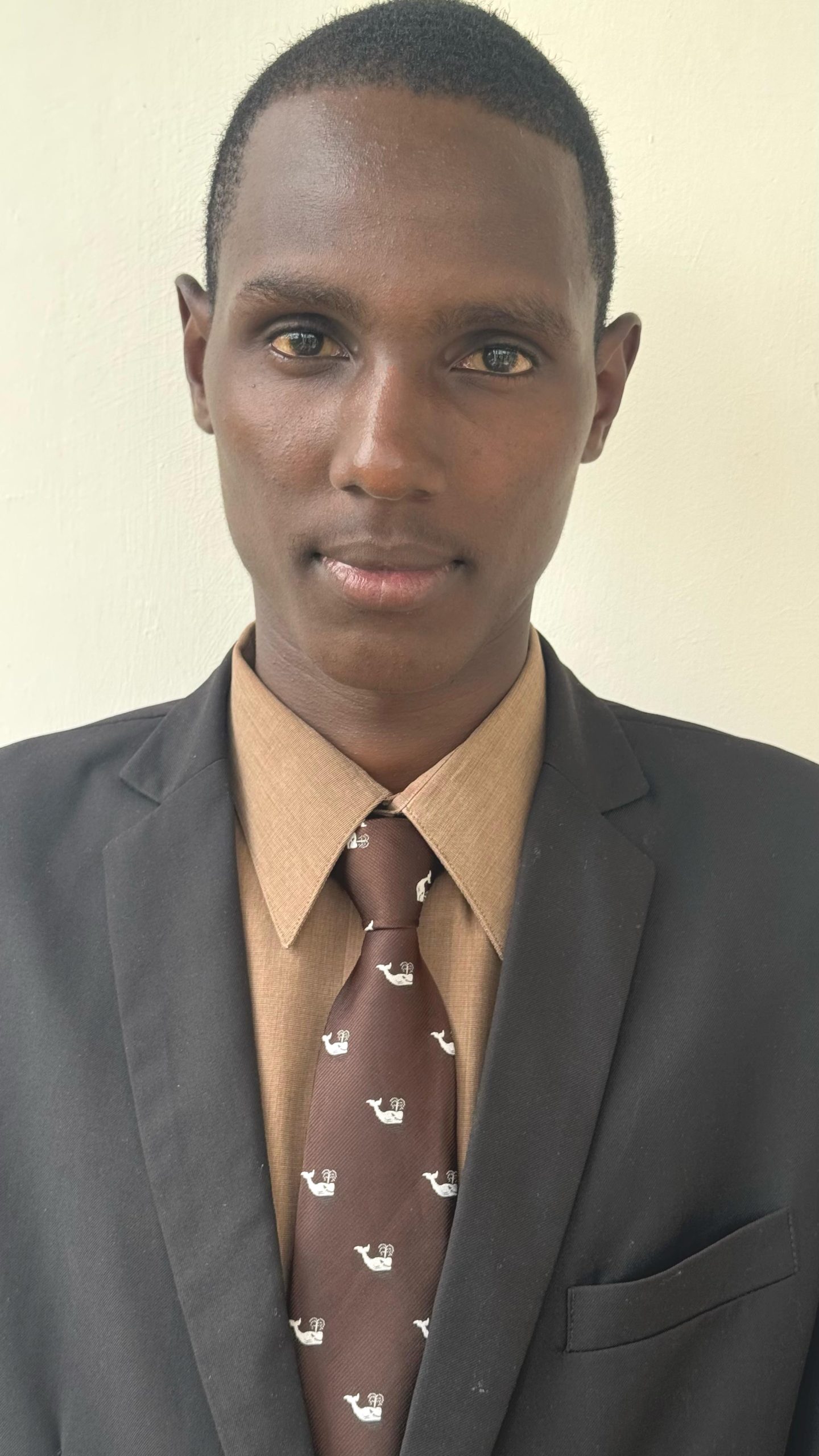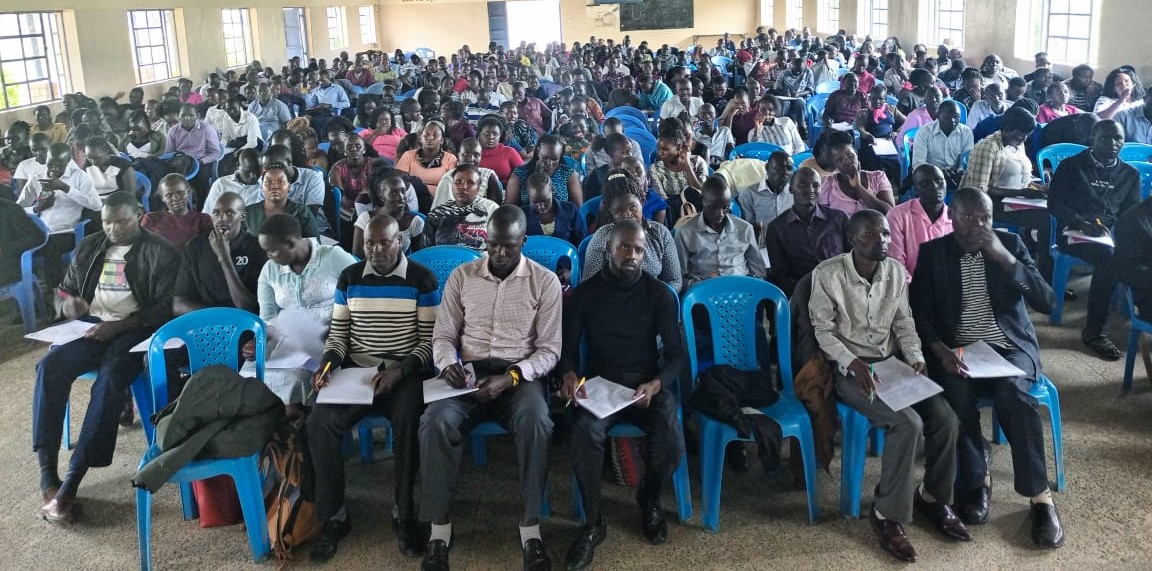In Kenya, seeking gender equality and clean water access is the overall sign of the country’s commitment to sustainable development. Goals “Sustainable Development Goals (SDGs) 5 and 6—reaching gender equality, empowering all women and girls, ensuring drinking and sanitation facilities, sustaining their availability and access, and making their sustainability a common global concern—are substantial pillars to setting up an abundant society.
Throughout our accomplishments under this agenda, the history of these objectives will be felt for generations.
Imagine Kenya, where women and girls enjoy equal rights at every stage of their lives and thrive as societal leaders. Gender equality is a matter of social justice, not a “women’s agenda.”
Tradition and cultural practice continue to limit the potential of girls and women across much of Kenya and restrict their access to education, health care, and the economy. We must demolish these barriers and champion equal opportunities and rights policies to create a more equitable society.
Empowering girls and women requires a multidimensional strategy. Education plays a very significant role in that. By providing girls with quality education, we enable them to do whatever they can. Empowered women become the agents of change, improving their lives and the lives of their families and communities. Scholarships, mentorship programs, and vocational training programs can change young women and create a new generation of leaders.
In addition, eliminating gender violence and discrimination is also important in the accomplishment of SDG 5. The individuals need to unite and create environments where women can grow without fear.
It does not just involve transforming laws but also changing cultural attitudes towards gender roles. Involving men and boys as allies is very important because they are at the forefront of transforming negative attitudes and promoting equality.
READ ALSO:
TVET trainers equipped in 7 institutions for 2025 modular CBET rollout
As we strive for gender equality, we must address the pressing problem of water scarcity and sanitation. Water is a right, yet millions of Kenyans lack access to water.
Water scarcity has health, educational, and economic implications, particularly in rural Kenya, where women bear the brunt of water gathering. If we invest in the most effective water management practices and infrastructure, we can overcome this and empower people.
New technologies such as rainwater harvesting, water treatment, and low-pressure irrigation have the potential to revolutionise water accessibility. Providing communities with the information and capacity to sustainably manage their water resources is paramount to achieving SDG 6.
Improving sanitation facilities is also key to improving public health and dignity, especially for women and girls, who usually face particular difficulties in this area.
It is important to incorporate gender aspects in water and sanitation projects. Women must be included in decision-making on water management since they have valuable input on their communities’ needs. Empowering women in such positions will enable us to develop better and more sustainable solutions.
Attainment of SDGs 5 and 6 requires activities that touch all aspects of society. The government, non-governmental organisations, private sector players, and communities need to join hands for this cause. As a whole, we can create programs that address women’s special needs and provide clean water to everyone.
In summary, a gender-balanced Kenya and clean water for all are achievable. With these Sustainable Development Goals, we can create a world where all girls and women thrive and where all communities enjoy the right to sanitation and clean water.
Let us act together to bring these crucial changes into being and create a more just and sustainable world for generations to come. The time is now, and together, we can turn this vision into a reality.
By Tonny Kyule
Tonny Kyule is a Communication, Journalism and Public Relations Practitioner at Rongo University and writes for the Journalism Association of Kenya (JSAK).
You can also follow our social media pages on Twitter: Education News KE and Facebook: Education News Newspaper for timely updates.
>>> Click here to stay up-to-date with trending regional stories
>>> Click here to read more informed opinions on the country’s education landscape
>>> Click here to stay ahead with the latest national news.






